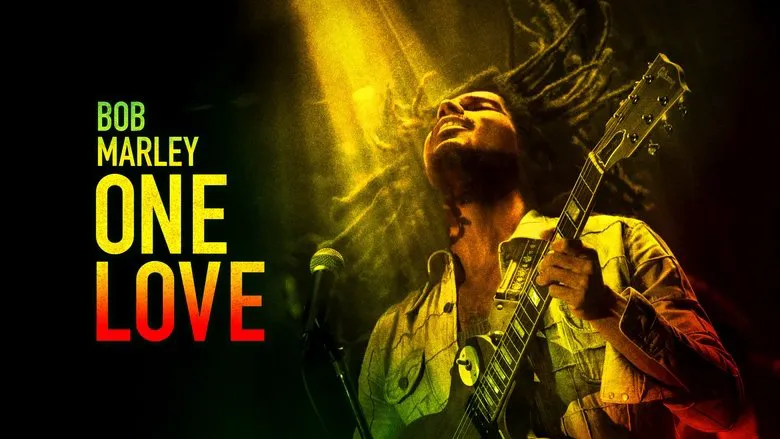Bob Marley: One Love - A Missed Opportunity for a Deeper Dive?
Reinaldo Marcus Green’s “Bob Marley: One Love,” featuring Kingsley Ben-Adir in the lead role, arrived in US cinemas on February 14, 2024, with the promise of illuminating the life of a musical icon. However, despite its ambitions, the film ultimately struggles to transcend a surface-level exploration of Bob Marley’s profound impact.
The Sanitized Legend: From Radical Roots to Dorm Room Poster
Bob Marley’s legacy, in the years since his passing, has largely been distilled into a palatable symbol of carefree enjoyment. His music, particularly tracks from the best-selling “Legend” compilation, has cemented his place as a global superstar. But this widespread appeal has inadvertently diluted the radicalism and spiritual depth that defined his artistry. While many recognize hits like “Jamming” or “Is This Love?”, Marley often evokes associations with cannabis culture more than a dedicated revolutionary, a flattening of reggae’s historical weight.
In a time of heightened awareness of social and political injustices, the film’s premise seemed timely. While many contemporary music biopics exist solely to monetise IP, a Bob Marley portrayal, rising above the noise, could have added greatly to the genre.
A Disappointing Outcome: Lacking Depth and Insight
Produced with the endorsement of the Marley family, “One Love” unfortunately fails to deliver on its potential. Marley is presented as an almost saintly figure, gliding through a world of turmoil with unnerving ease. The script, credited to four writers, makes half-hearted gestures in the direction of the musician’s inner battles.
The narrative follows a paint-by-numbers approach, prioritizing events over emotional resonance or insight. The performances of Kingsley Ben-Adir and Lashana Lynch (as Rita Marley) are commendable and provide some of the only sources of life, but the depth is lacking.
A Narrow Focus: Missed Opportunities for Exploration
“One Love” chooses to focus on a relatively narrow period in Marley’s life: from his survival of the 1976 assassination attempt to the 1978 “One Love Peace Concert.” During this exile in England, Marley created “Exodus” and also toured around Europe. Such a restricted scope might have given the film the necessary compactness, allowing for a detailed investigation into Marley’s growth.
Sadly, the narrative is so surface level that many of the details remain unknown. Outside of Rita, almost everyone blends together without much personality, especially The Wailers and entourage/family. Chris Blackwell stands out - largely because he is white, and Don Taylor only becomes more realised after getting shot.
Political Evisceration: Stripping Away the Substance
Even more problematic is the film’s tendency to sanitize the political dimensions of Marley’s life. The assassination attempt is downplayed, with no mention of the ongoing civil war. Instead, the shooting is characterised as “street violence,” with no mention of the political instability. “One Love” reduces Marley’s message to “peace and love”, matching his commercial image.
A Hollow Experience: Rushing Through the Narrative
Despite the presence of guns, concert footage, and brief hallucinatory moments, “One Love” ultimately feels emotionally empty. Events unfold at such a rapid pace that their impact is diminished. For example, barely any time is spent on “Exodus,” and Marley soon becomes unhinged seemingly out of nowhere due to the pressures of fame. Frequent flashbacks also occur.
Glimmers of Hope: Moments of Authenticity
The few genuinely compelling aspects of “One Love” point to the richer, more meaningful film it could have been. The use of authentic Jamaican Patois by nearly all of the actors is noteable and well-crafted.
The audience will learn about Rastafarianism, in line with historical figures. Natural things also occur, such as Marley’s daily works where he goes running.
Strong Performances: Elevating the Material
Ben-Adir succeeds in embodying a famous icon, instead of overexaggerating stock gestures. Ben-Adir and Lynch also share the stage, showing the warmth within their relationship.
The Enduring Power of Music: A Reminder of Marley’s Genius
Given the prominence of Marley’s music, it is well known that he was an exceptional musician. The scene where Marley and the Wailers improvise, while somewhat cliche, manages to capture reggae music, proving that Marley was able to bring good out of the darkest times.